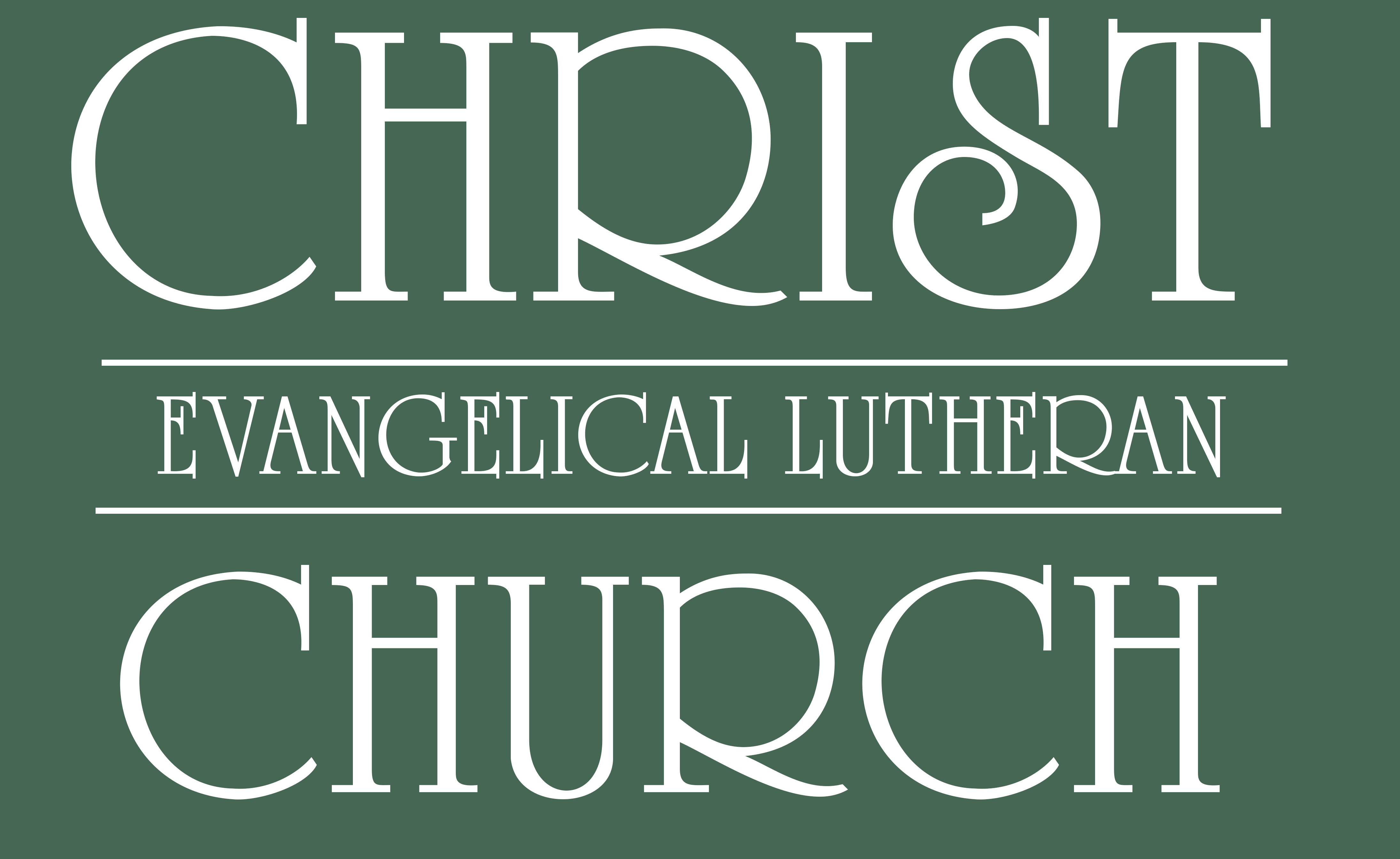Scripture
And whatever you do, in word or deed, do everything in the name of the Lord Jesus, giving thanks to God the Father through him.
(Colossians 3:17)
The first words that came to mind as I prepared for this devotion were the words in the chorus of an old Gospel Hymn: Count your blessings name them one by one. Count your blessings see what God has done.
The tune and the text of that hymn always seem to brighten my day, even in very dark times. As we count our blessings it can be easy to forget to count the blessings that have enabled us to survive and overcome our challenges. Hard times and difficult days sooner or later are part of life’s lot for all of us – as individuals, a family and a nation. What do we do with the dark times and our memories of them? Do we conclude that those were times when we were not blessed, or that God had forsaken us, or that God had it “in” for us, or that we have gotten on the “outs” with God. At times like those, it is natural to tend to fret and fume and voice Job’s lament: “If I go forward, he is not there; or backward, I cannot perceive him; on the left he hides, and I cannot behold him; I turn to the right, but I cannot see him.” (23:8-9)
Job ultimately recognized that God is always there; he is always present in our lives, seeking to speak to us, no matter what our circumstances. Whether our hard times are of our own making, or caused by others, or even when they seem inexplicable, what matters is that God is present. In his reassuring poem addressed to the people in exile, the prophet Isaiah declares God’s promise: “When you pass through the waters, I will be with you; and through the rivers, they shall not overwhelm you; when you walk through fire you shall not be burned, and the flame shall not consume you.” (43:2) Later he continues, “Fear not, for I am with you.”
That is the heart of Thanksgiving. We are not just counting the blessings of accomplishments and prosperity. We also remember that no matter what our circumstance has been, God has been with us. Looking forward we affirm that despite all circumstances God will continue to be with us. Christ manifests and repeats that promise. Despite our own periods of faithlessness, God will always be faithful in his promises. In good times, God comes to call us to praise him and be good stewards of what we receive. In hard times, we were called to be grateful for his caring, to be made humble by the realization that life does not consist of things. Hard times may also be times to learn some new lesson or direction. What we should be most thankful for is that no matter what, God is Immanuel — God with us.
A Gospel Lesson often used in the celebration of Thanksgiving is the familiar record of the healing of the ten lepers. As most of you are very aware, leprosy is a very ugly disease. One result of the disease is that fingers and toes literally rot and fall off. Not until early in the 20th century was the discovery made that leprosy destroys nerve functions. Lepers have no sense of touch. They do not, for example, know when fingers might be burned by a hot stove. They do not know when they have cut their foot; they have no warning sensation of pain.
Jesus, in curing these lepers, is returning their ability to feel pain. In other words, that tremendous blessing of being cured from leprosy had a reversed non-blessing of returning some forms of pain to their life. Blessing are often very mixed. For example, when there is the blessing of a child or grandchild there are also serious responsibilities.
In spite of his renewed pain, the Samaritan returned to give thanks to Jesus for his cure from leprosy. As we count our blessings and give thanks, it is not because there have been no times of burden or pain, but because God has been with us through it all. He has sustained us with his presence.
Does some burdensome or negative remembrance seem to dominate your intent to give thanks? Consider what one family did to use a negative memory for a positive good. Every Thanksgiving, the grandmother prepared a generous serving of mashed rutabaga, yellow turnip, as part of the dinner. No one in the family had any desire to eat it on any day, especially a holiday. Why did she serve it? When she was a child in southwestern Germany during the First World War, food was very scarce. For a whole year, her family had nothing to eat but yellow turnips fixed in every conceivable manner. “We eat rutabaga now,” she explained to me, “to remember that time, and to give thanks to God for keeping us alive. Without the rutabaga, we would not be alive.”
Some of the most unpleasant parts of our lives, can be used to remind us of blessings which were difficult to see at the time. They remind us to look more carefully as we count our blessings; there can be hidden ones.
Prayer
Thank you God, not just for the wonderful parts of life but also for all you have done that enabled us to meet challenges. Thank you for gifts that we do not see, and thank you most for the gift of Jesus, in whose name we pray. Amen
— Pastor Mueller
